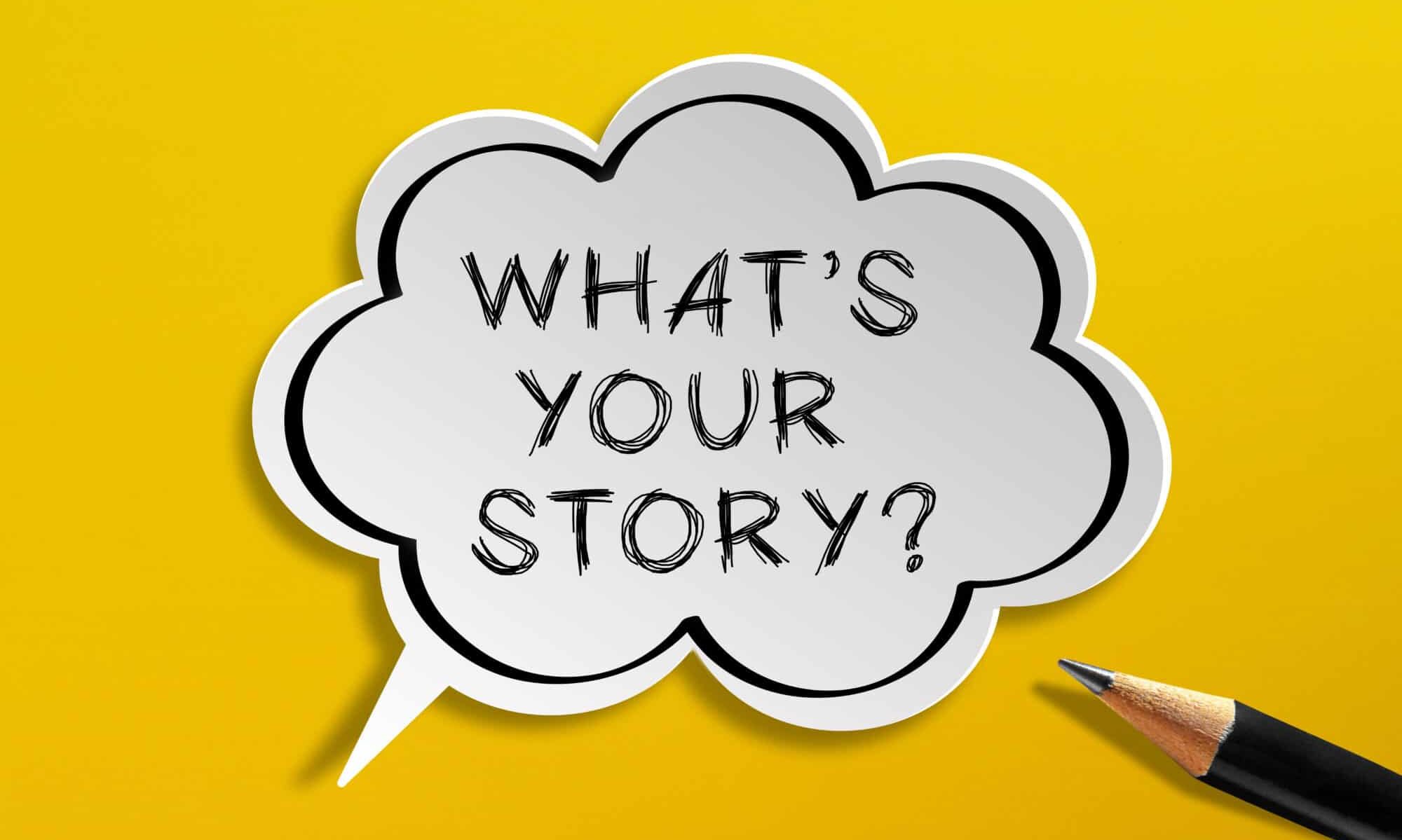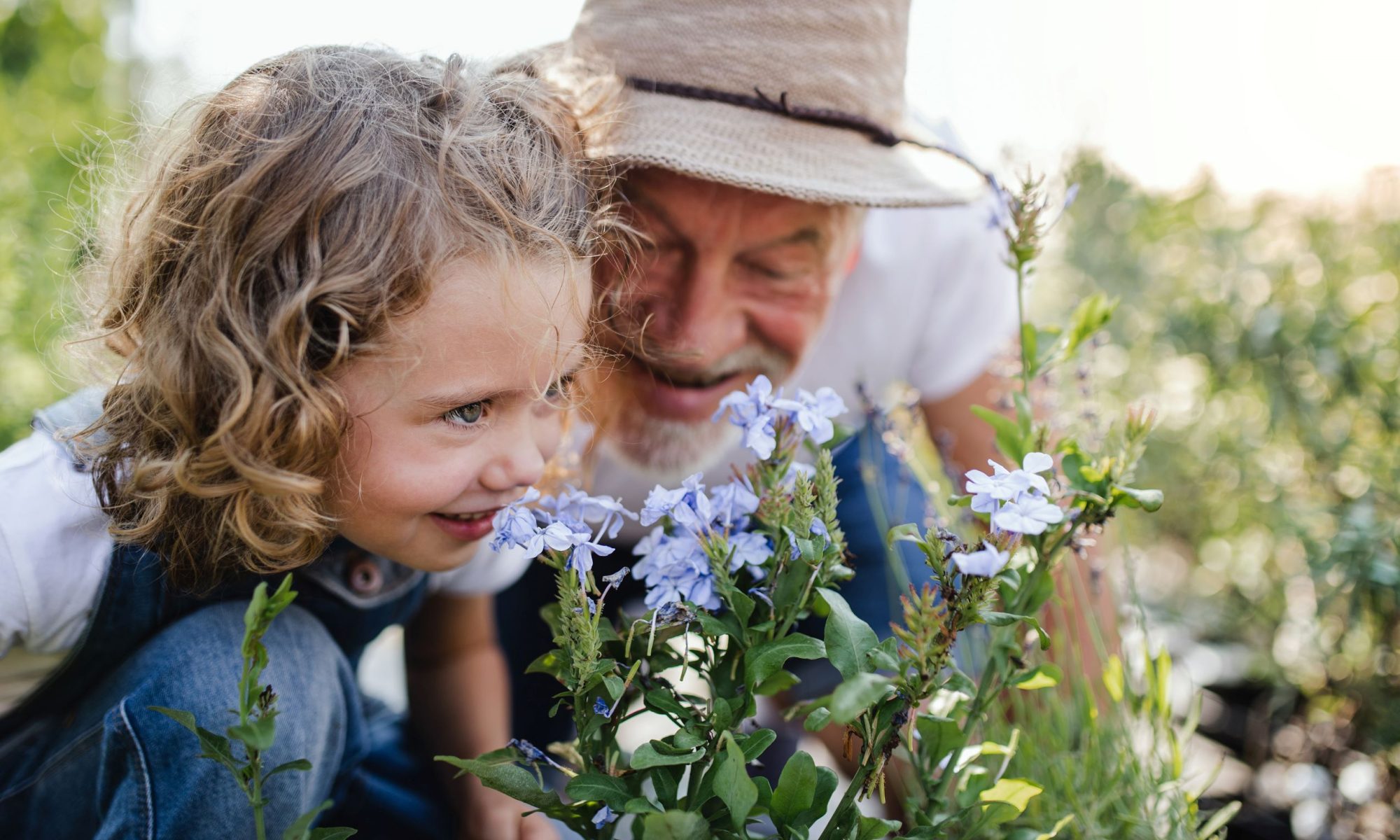We all carry fragments of early memories—sometimes just a whiff of fragrance, the echo of laughter, or the light falling through a window. These earliest recollections often shape how we see ourselves and help anchor the narrative we live by.
And while they may seem small or fleeting, they often hold surprising weight. They can reveal not just what we experienced, but how we first began to understand the world around us.
What Science Tells Us
1. When people form their first memories
- Research indicates most adults’ earliest memories date from about age 3 to 4. Memories claimed from age 2 or younger are often hazy, reconstructed from family stories, photos, or even imagination.
- This phenomenon of forgetting—or more precisely, not being able to retrieve—events from very early childhood is known as infantile amnesia.
2. Why certain moments stick
- Emotion and novelty: We’re more likely to remember events that carried a strong emotional weight (joy, fear, surprise) or involved something unusual or novel.
- Sensory triggers, especially smell: Odors are uniquely powerful in evoking memories. Smell-evoked memories tend to be more emotional and feel like they transport us more vividly to the place and time of the memory than many visual cues.
- Language and culture: The ability to describe what happened (language), and being in a culture that encourages storytelling, helps anchor and preserve early memories. People whose caregivers talk about past events in detail (asking questions, reminiscing) often have clearer first memories.
Anatoly’s First Memories
In one of our recent recordings, Anatoly K., born just after WWII in a Central Asian republic, shared some of his earliest vivid memories:
- He recalls a toy pistol of porcelain his uncle brought back from military service—a small, magical thing that made sparks and flames. It wasn’t about the object alone, but his surprise and awe.
- He describes walking through a grove of bird cherry trees in bloom, breathing in the scent, engulfed in blossoms, colors, and silence all at once—it’s not just a visual memory but a sensory one that stays with him.
These show classic features of early memory: emotional resonance, sensory detail, novelty, and a moment so vivid it became unforgettable.
What Early Memories Reveal About Us
- Identity and self-narrative: The kinds of memories we remember first often point to traits or themes we value: courage, wonder, safety, family, curiosity.
- Foundational emotional template: Early memory moments shape how we perceive later experiences. They can set a baseline for emotions like security, fear, excitement.
- Influence on values and behavior: For example, those who remember being comforted as children may place high value on connection and empathy.
A “First Memory” Challenge for You
Here’s a little self-test inspired by Anatoly’s story and psychological research:
- Stop and think: What is the first memory you can honestly recall (not something you were told about, but something you witnessed or experienced)?
- Ask yourself:
- How old might you have been?
- What senses are involved (smell, sound, sight, touch)?
- How did it make you feel in that moment?
- Why do you think this memory stayed when others faded?
- Reflect: What does this memory say about how you view yourself now?
At The Life Chronicles, we’ve found that starting a story with someone’s first memory doesn’t just warm up the interview—it often unlocks layers of meaning. Those small moments reveal what people carry with them, often unconsciously, across time.
Ready to bring your story gift to life? Book your pre-interview—let’s guide you through your story with confidence. That otherwise would have faded away.

